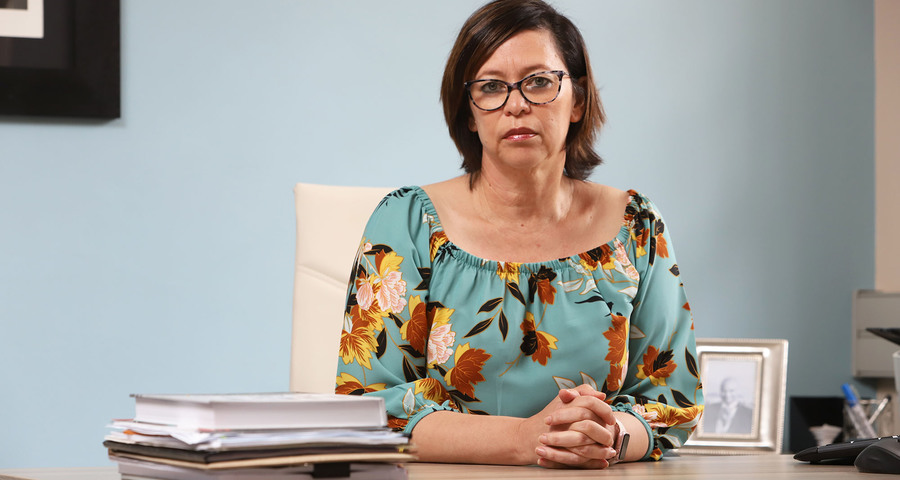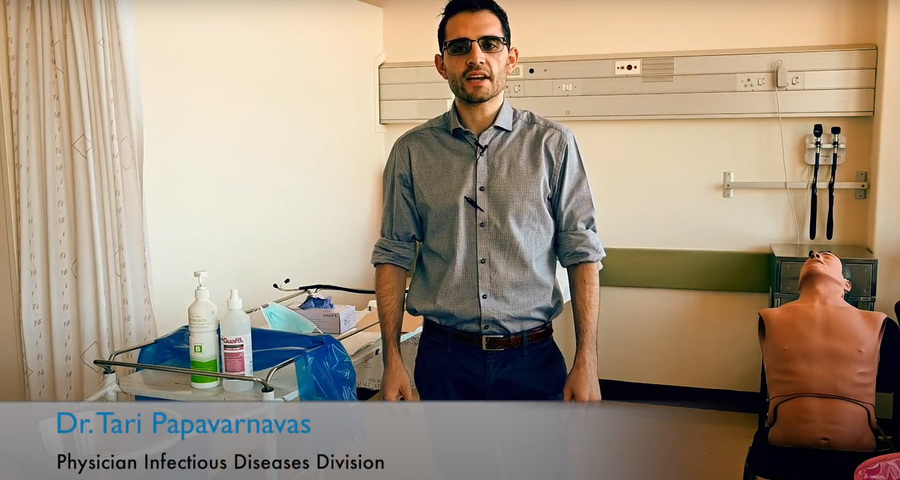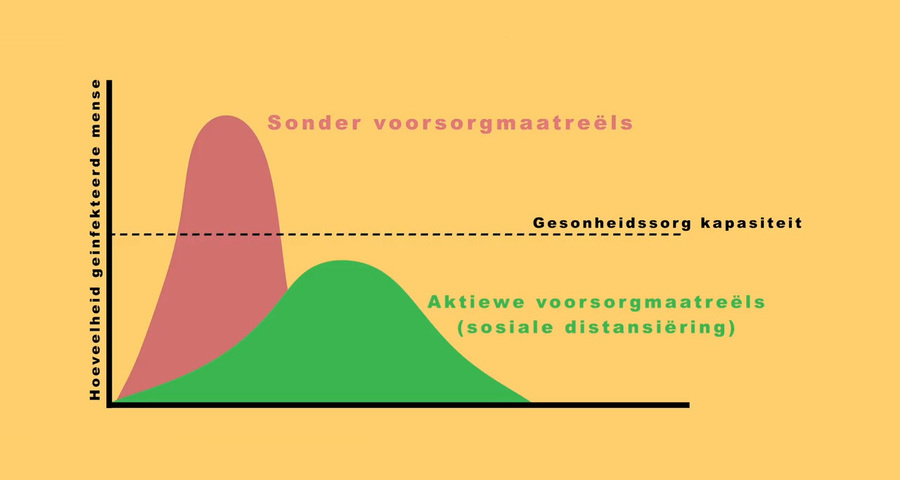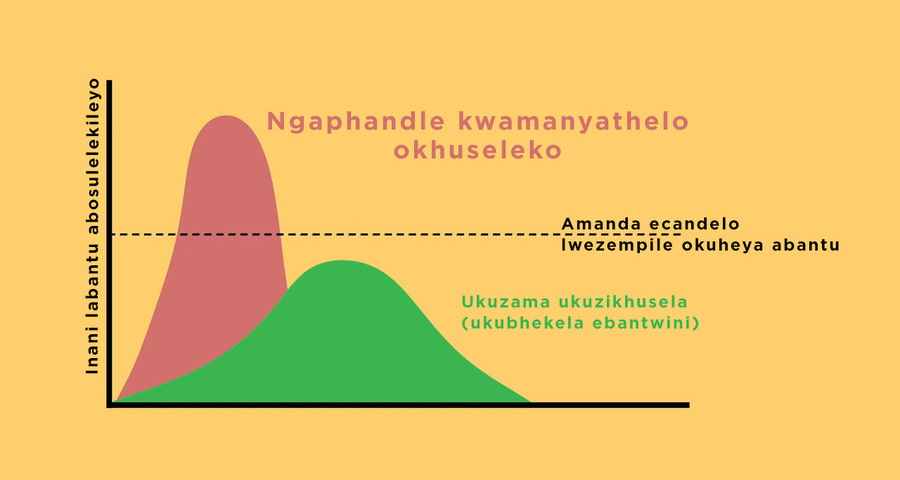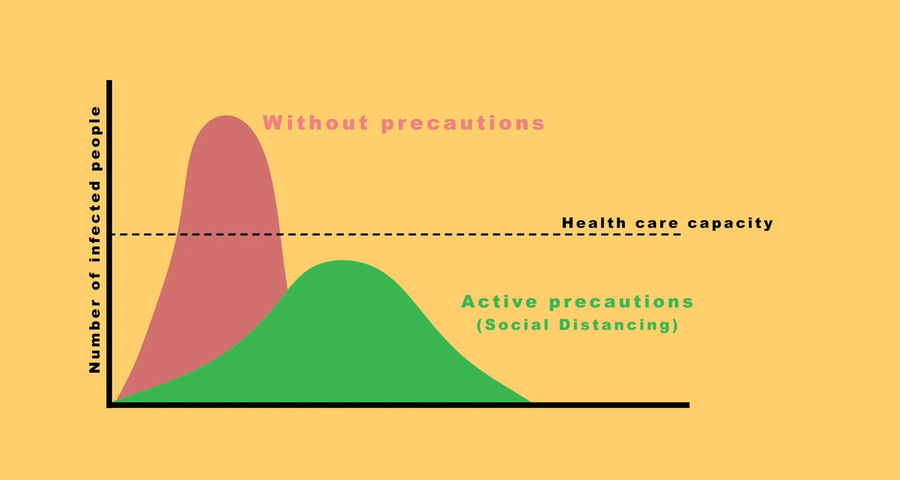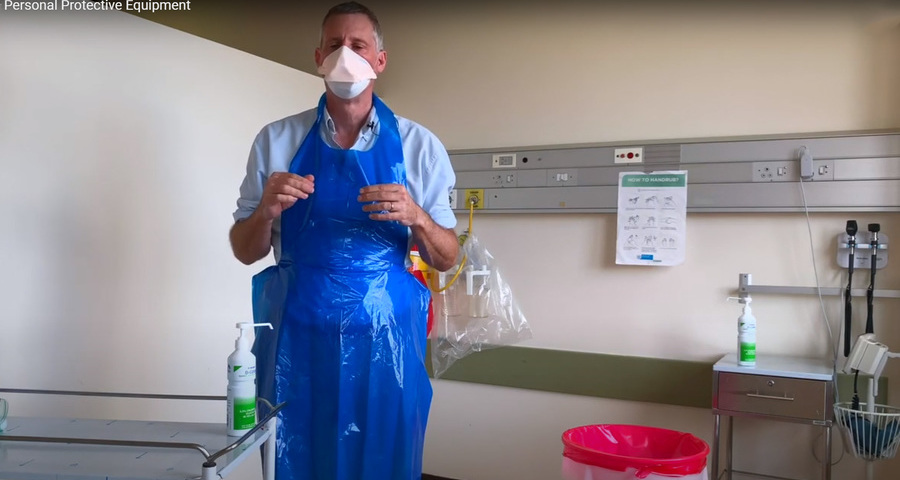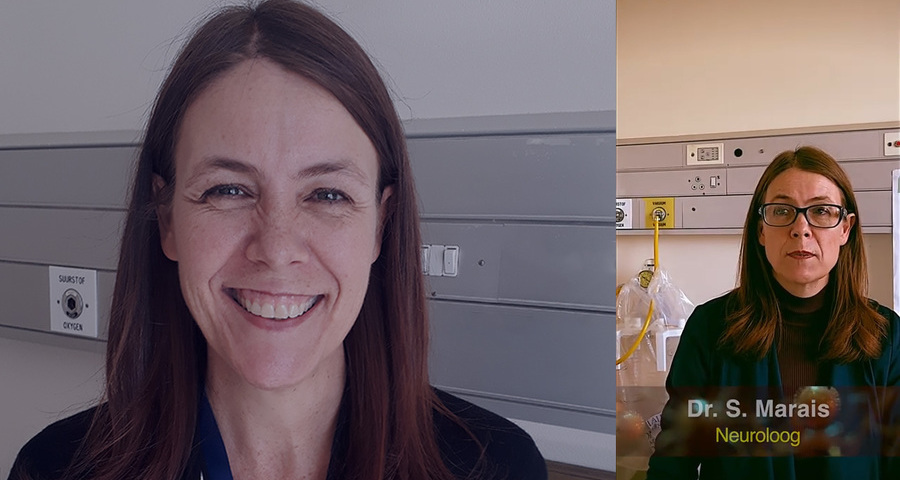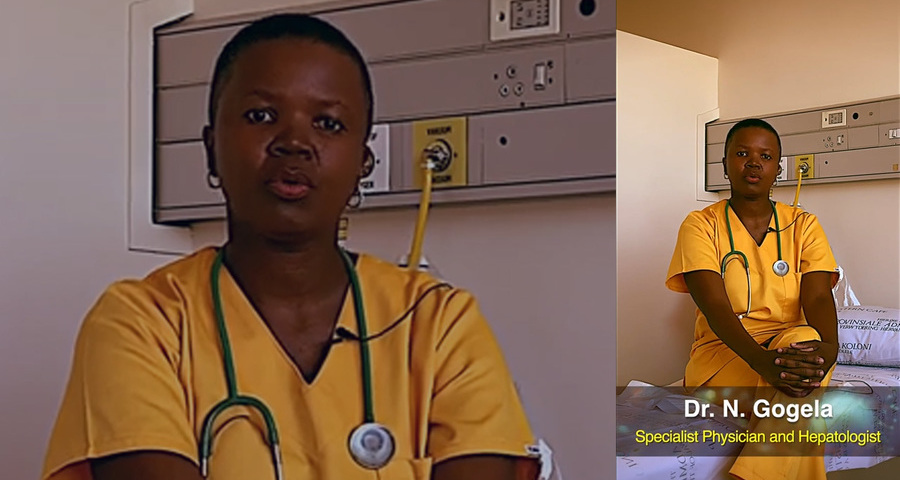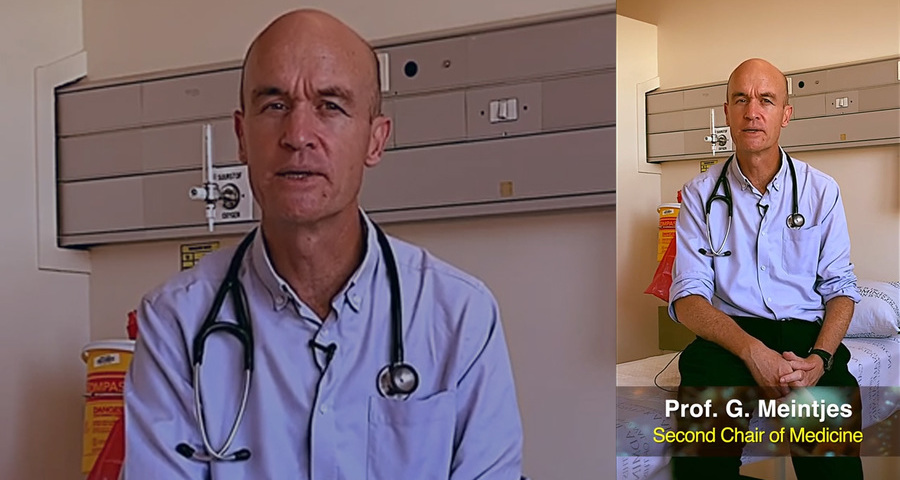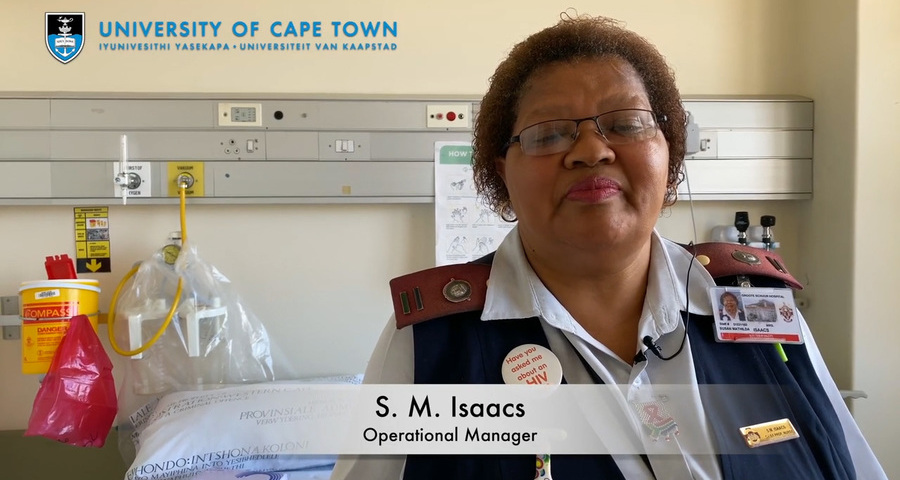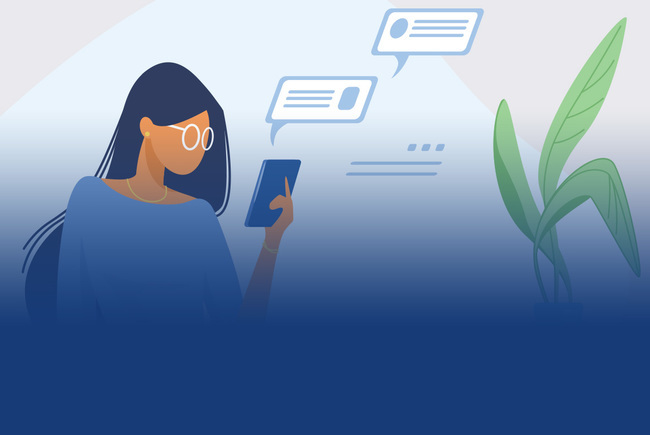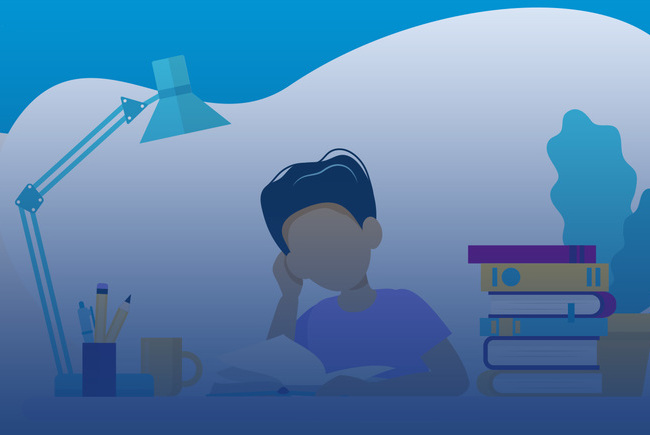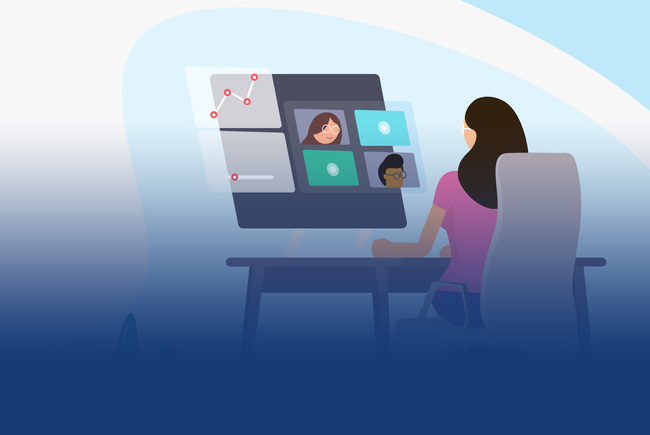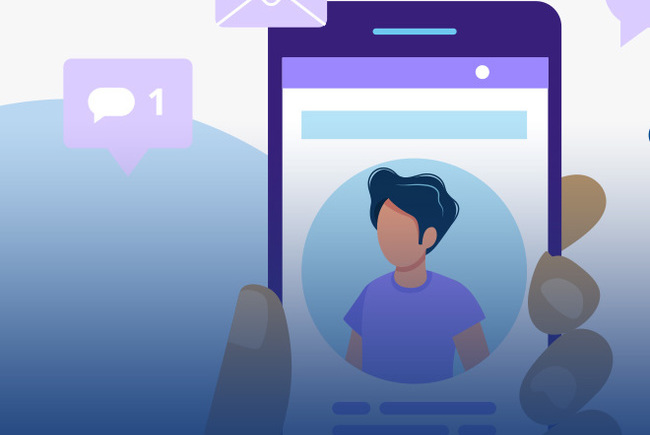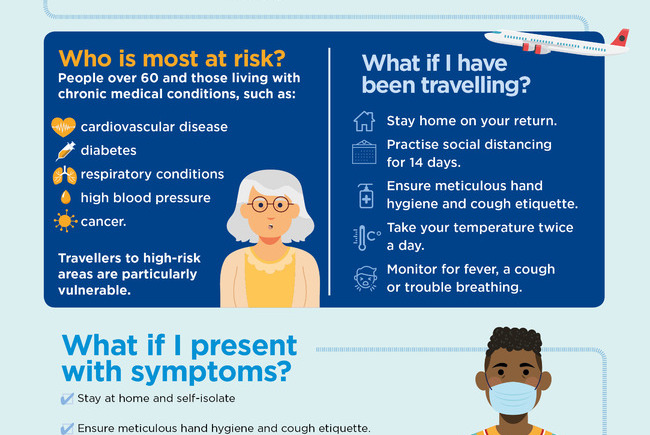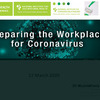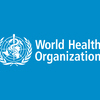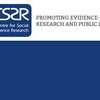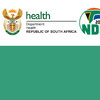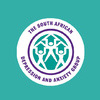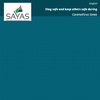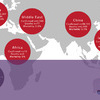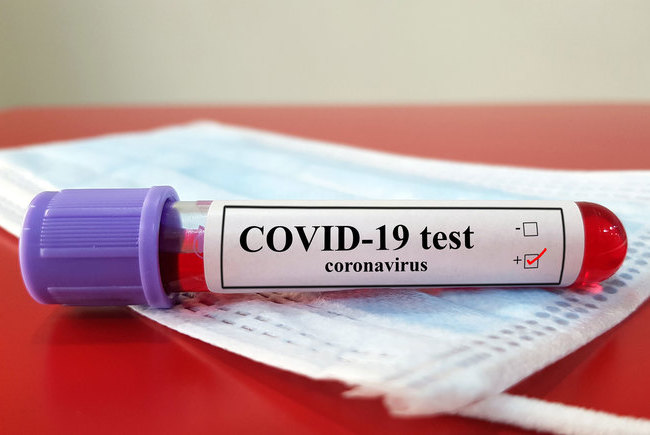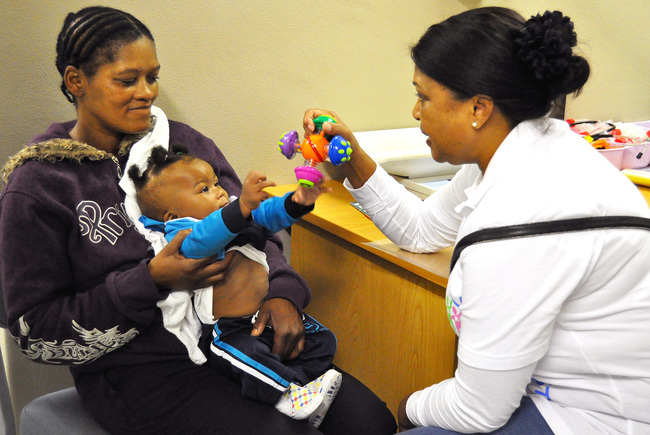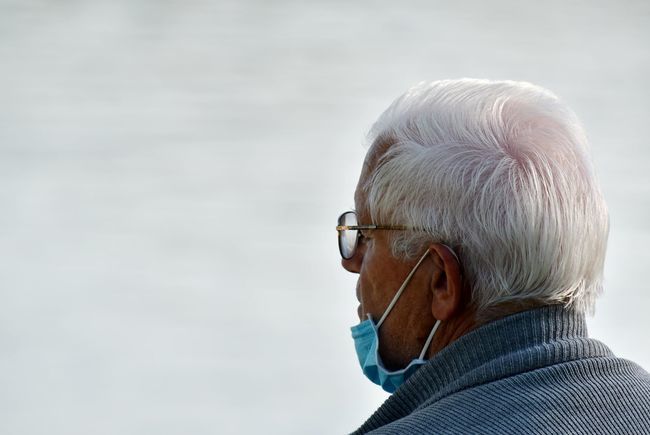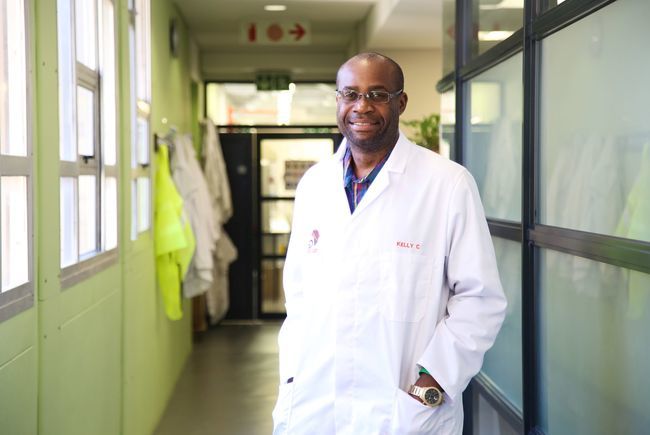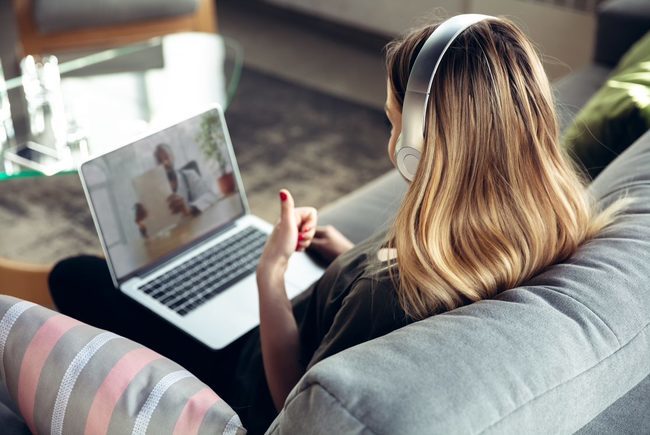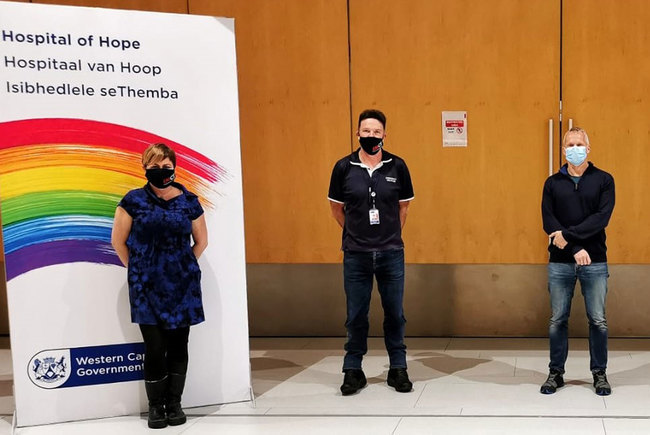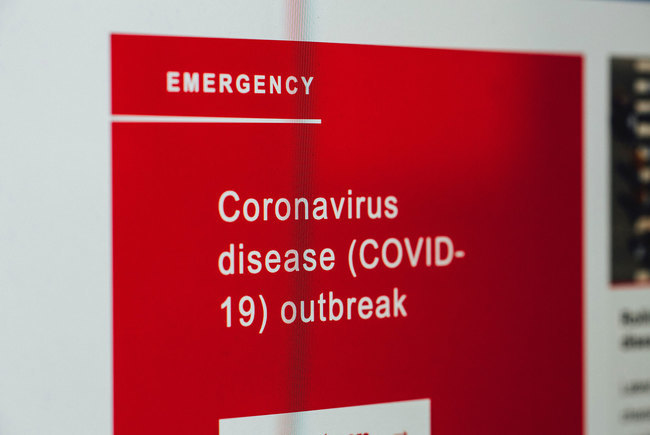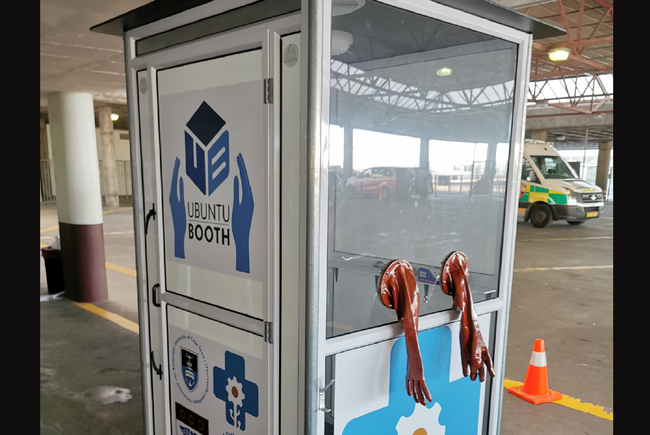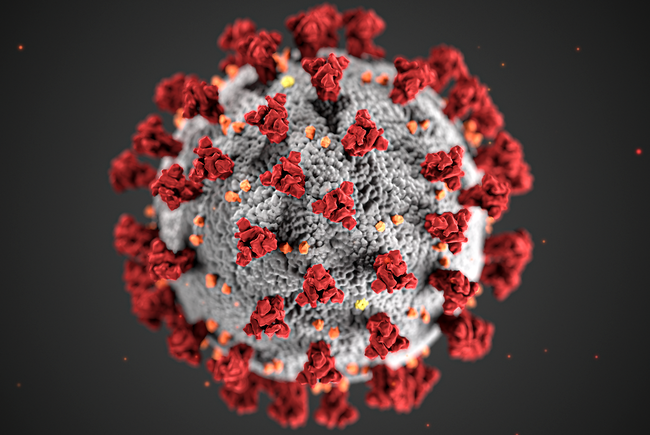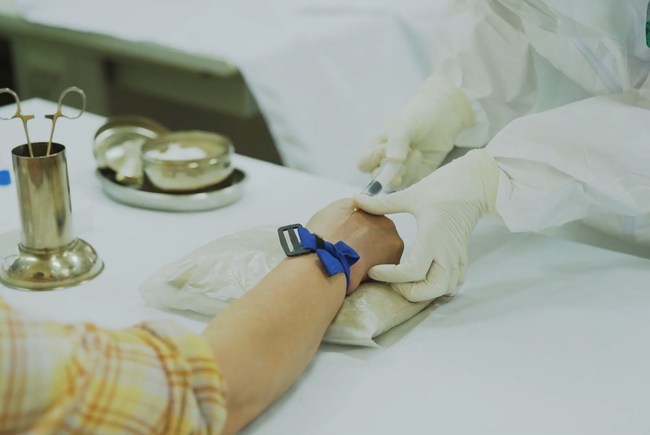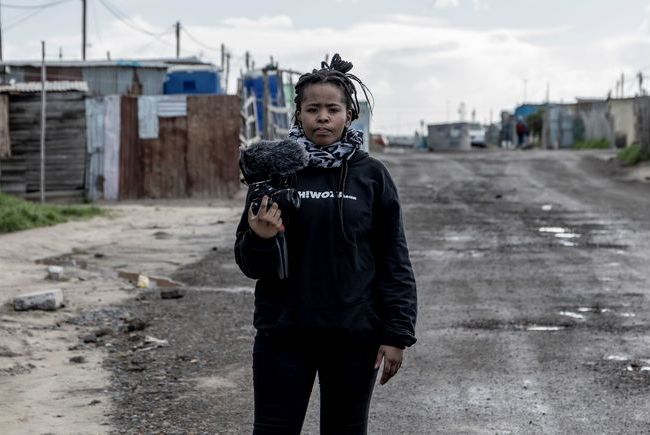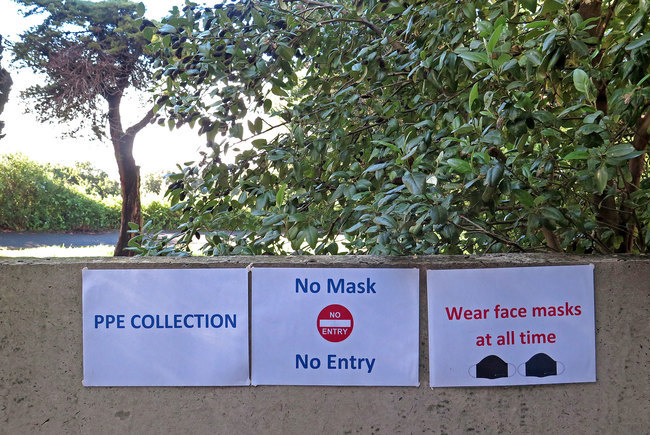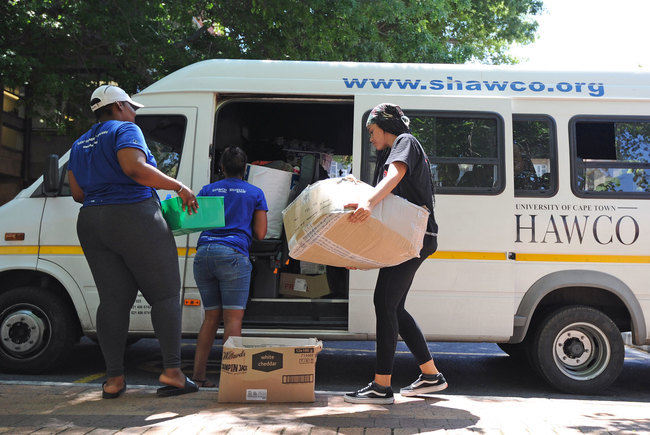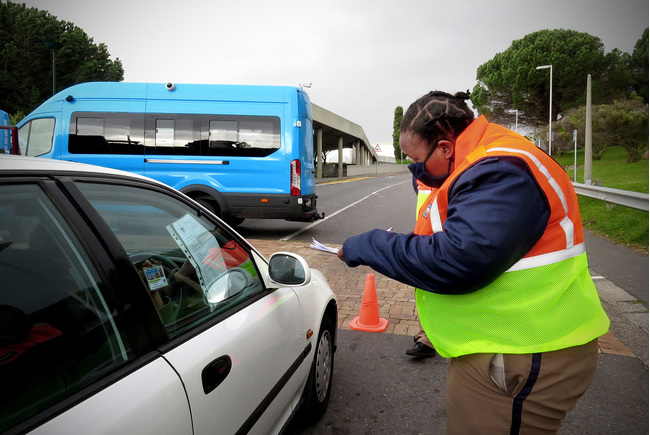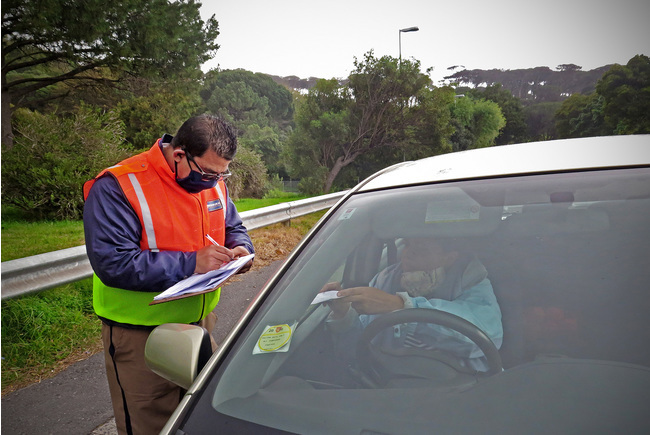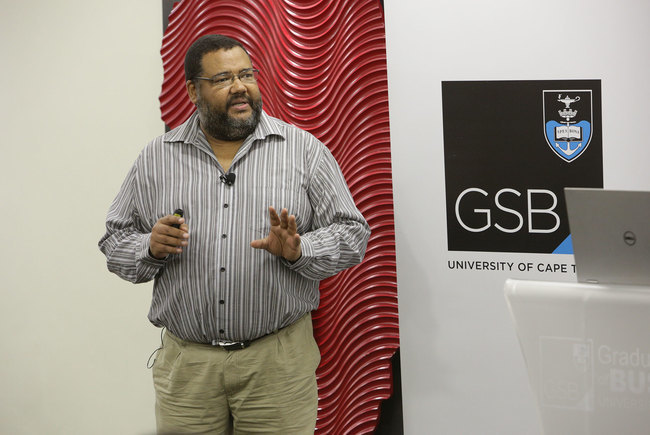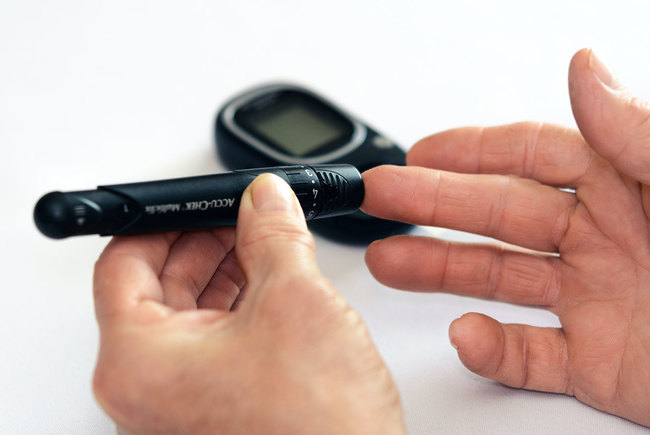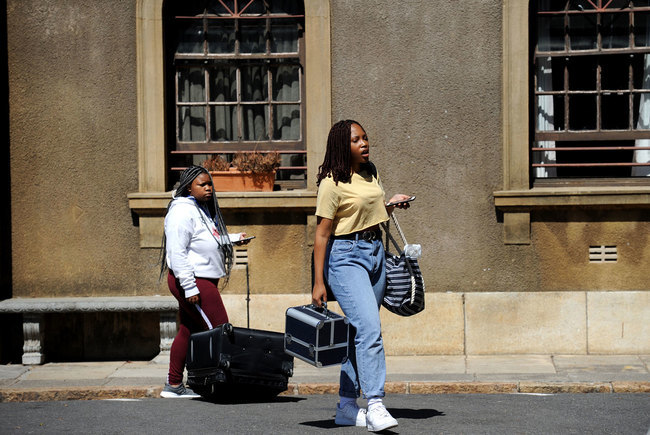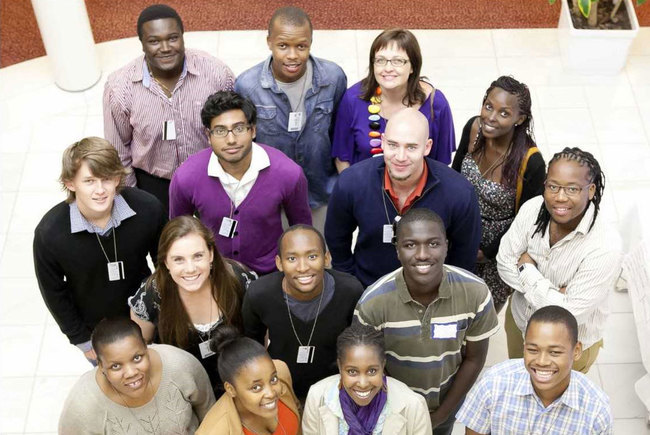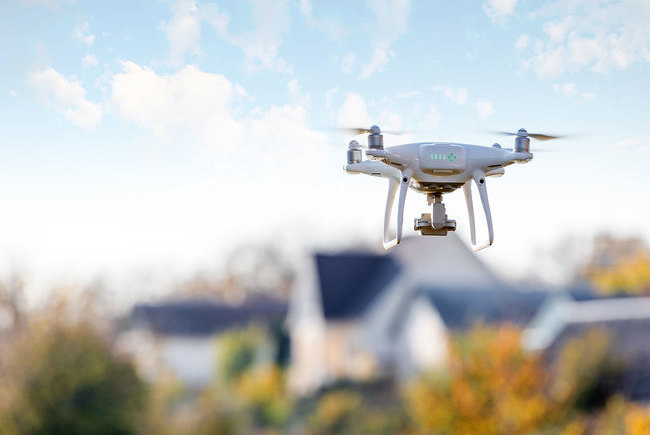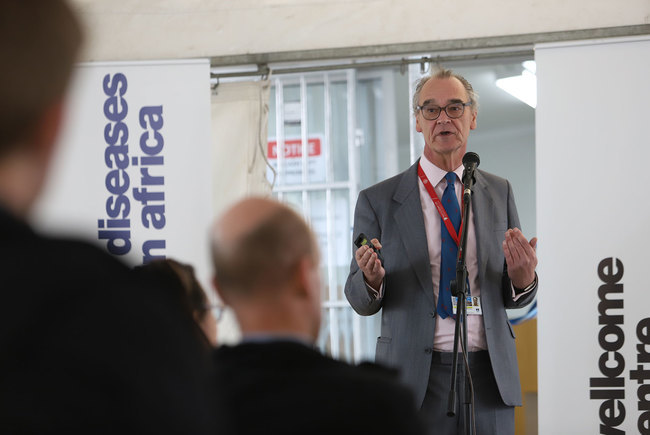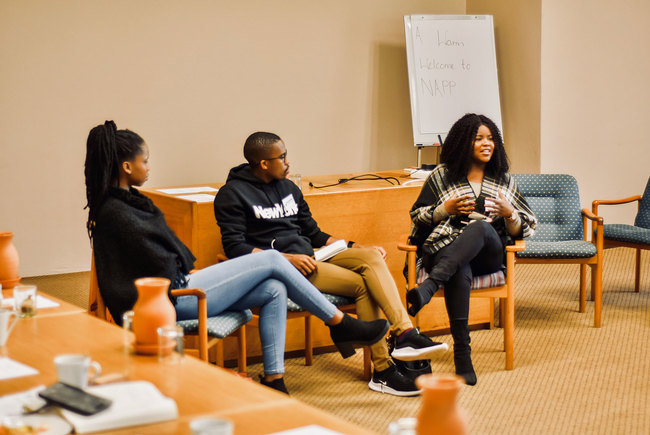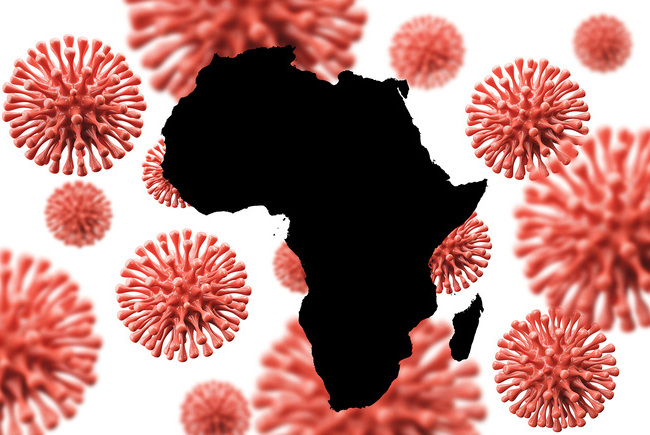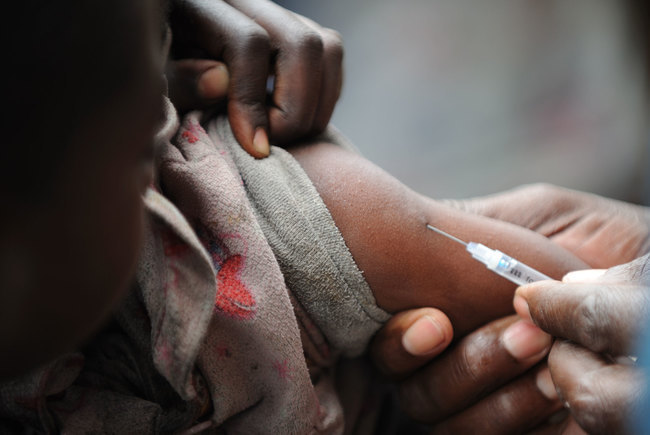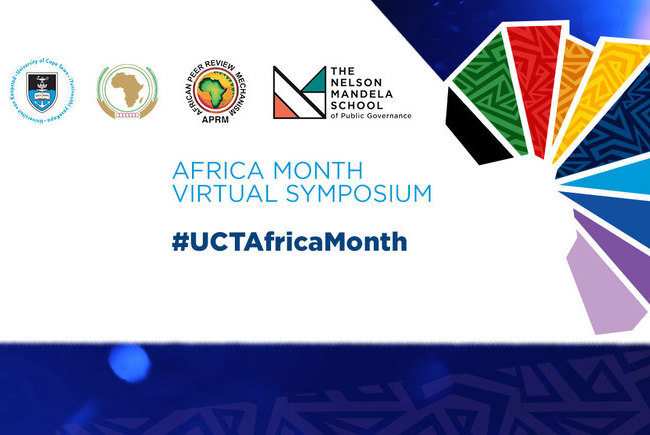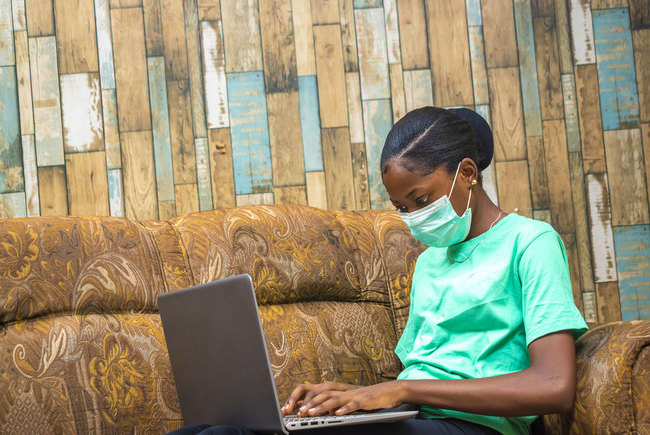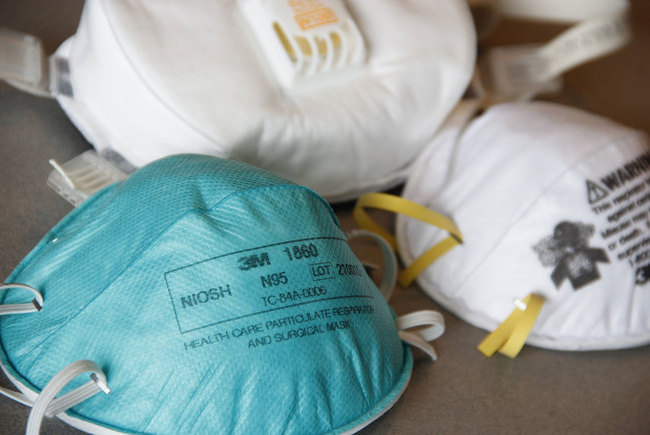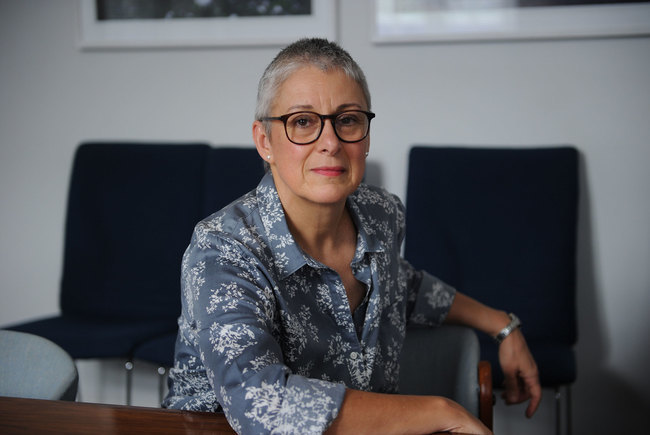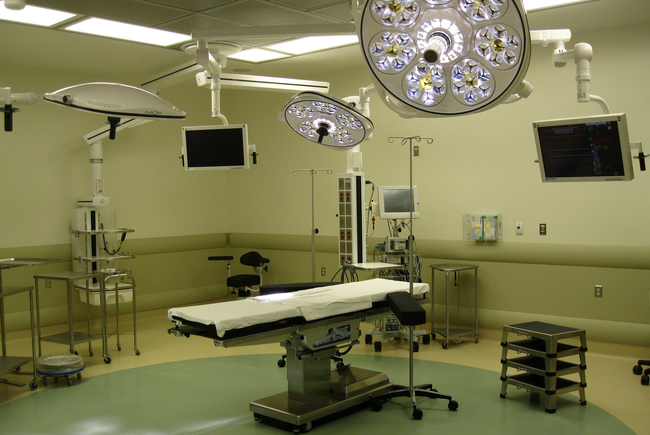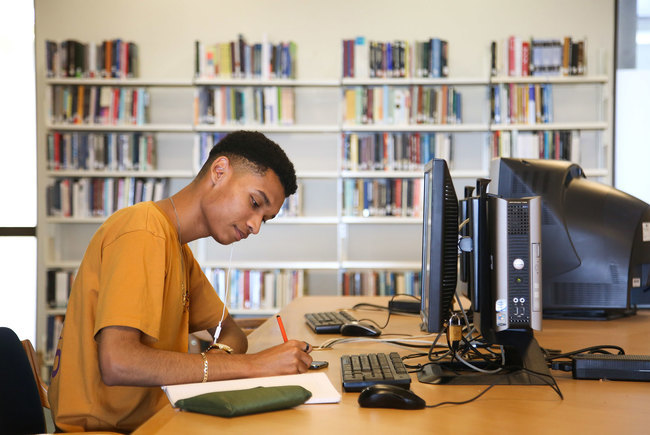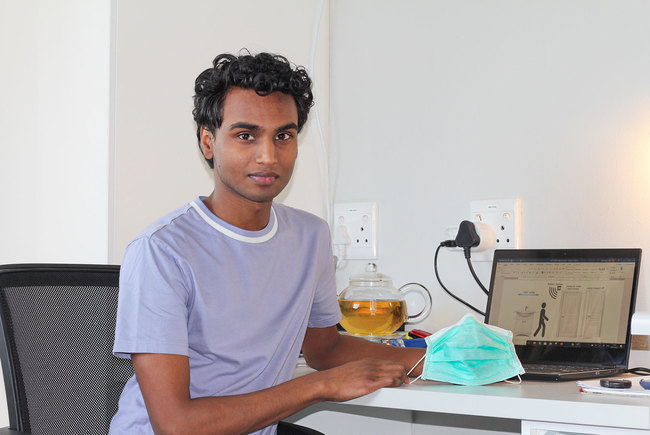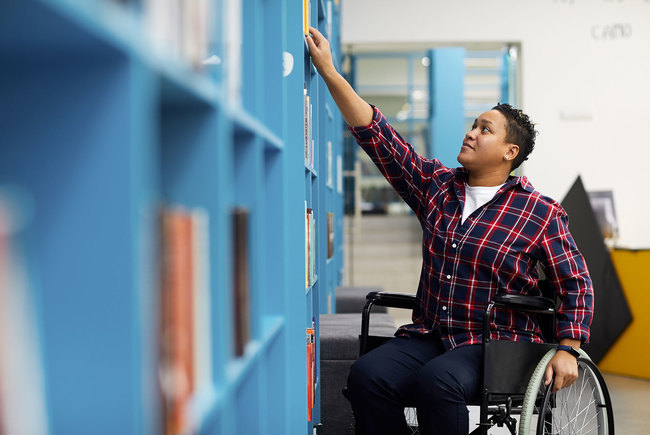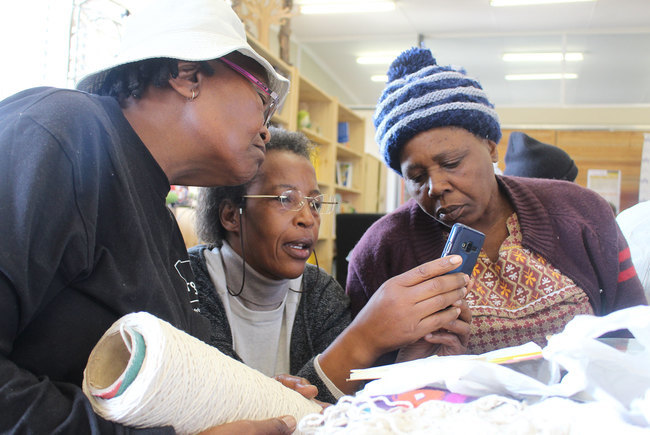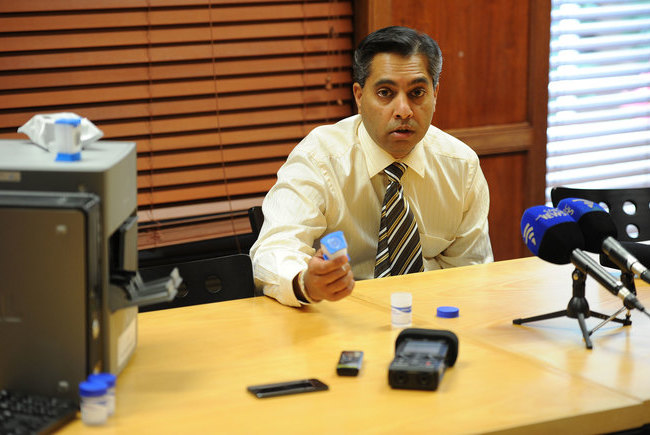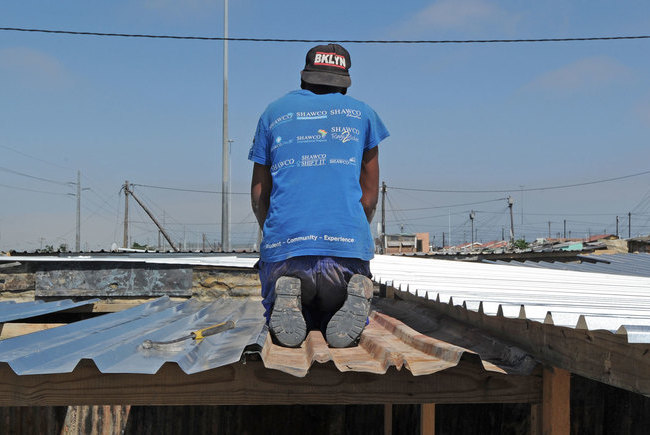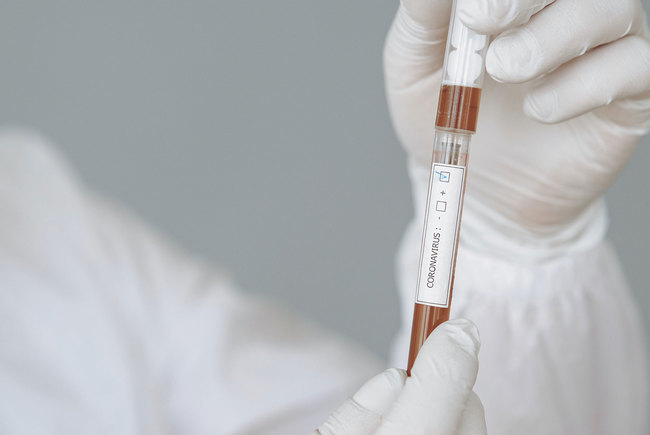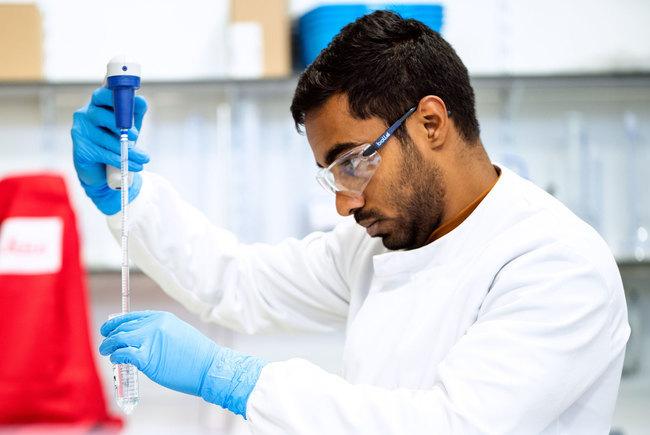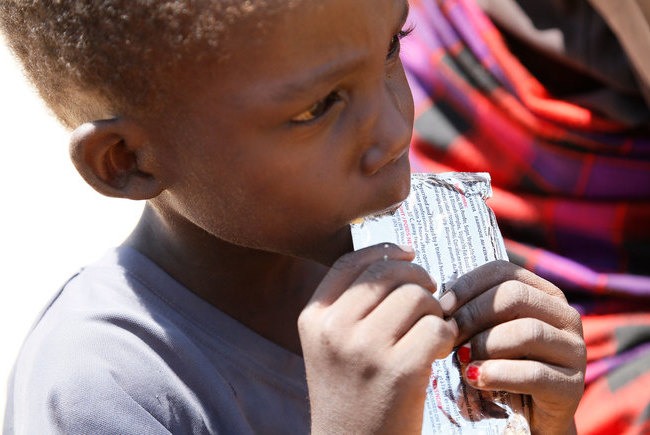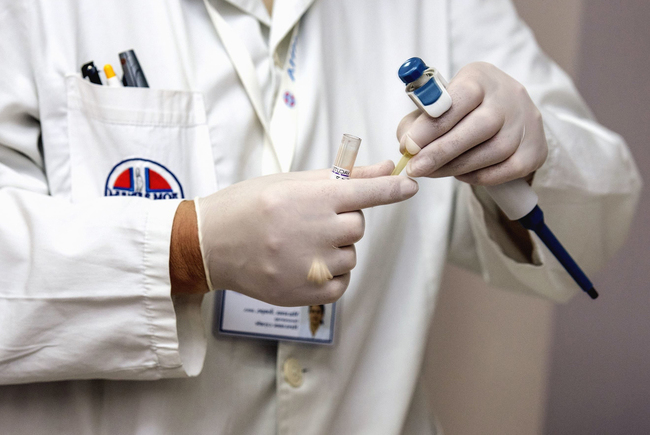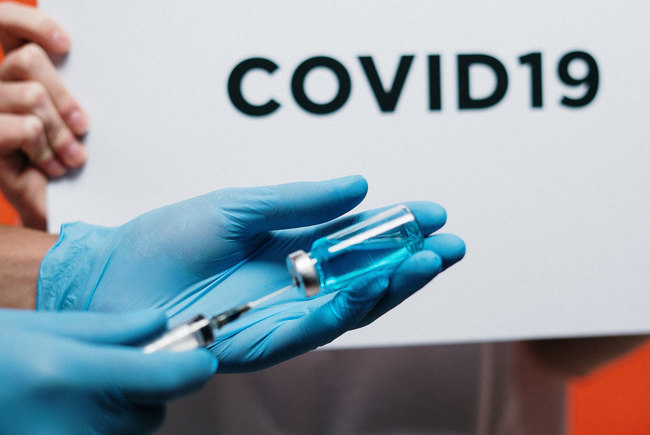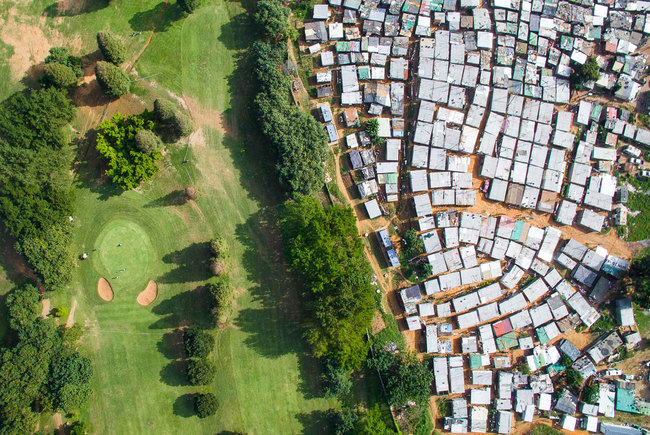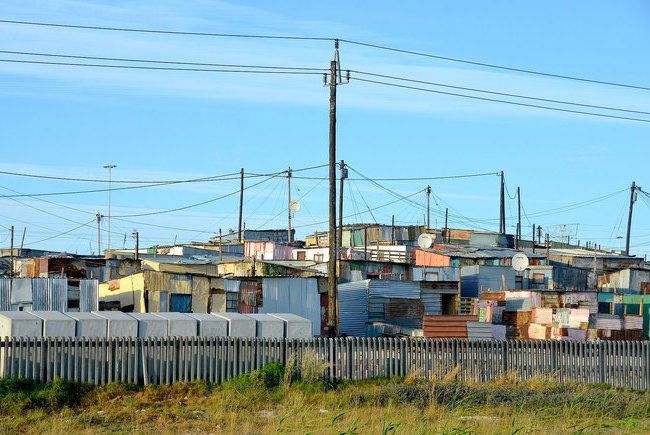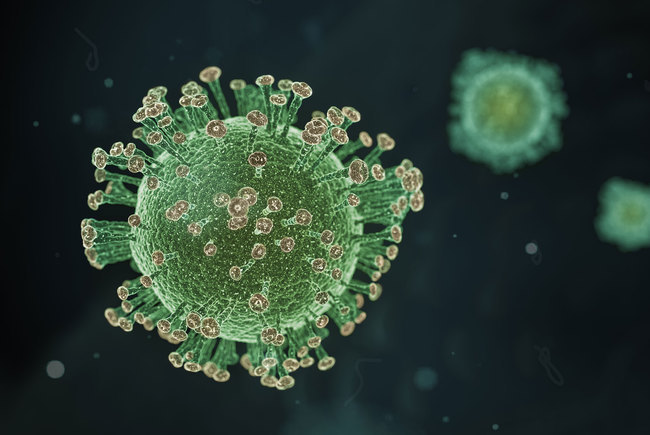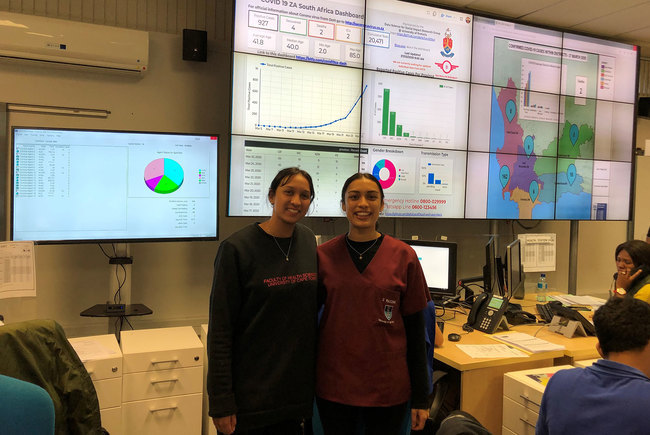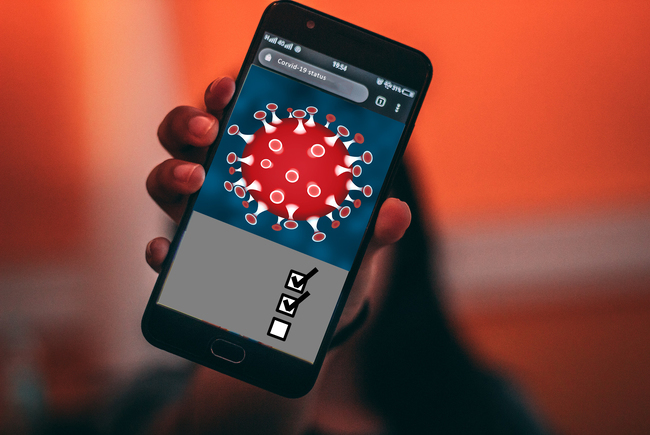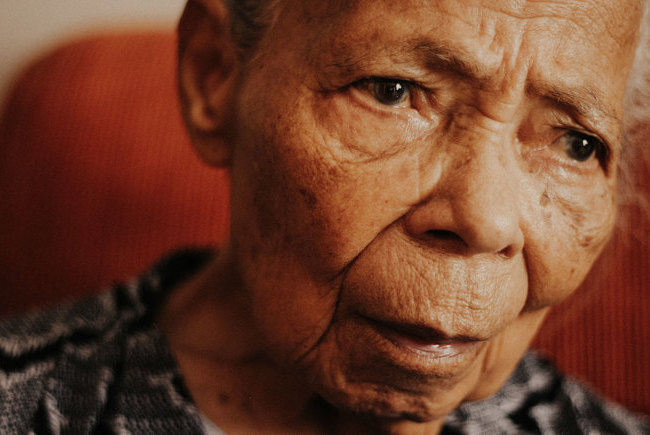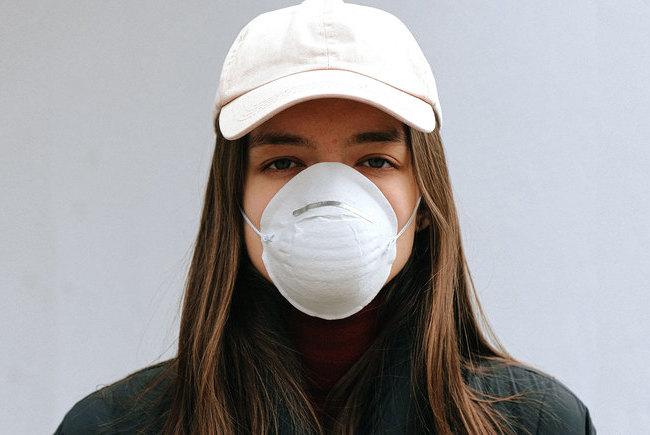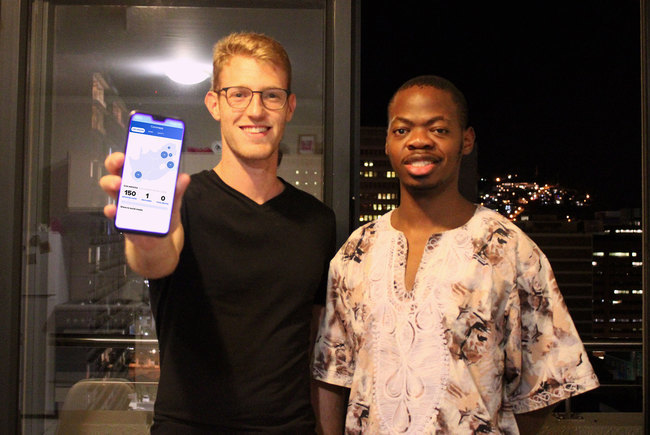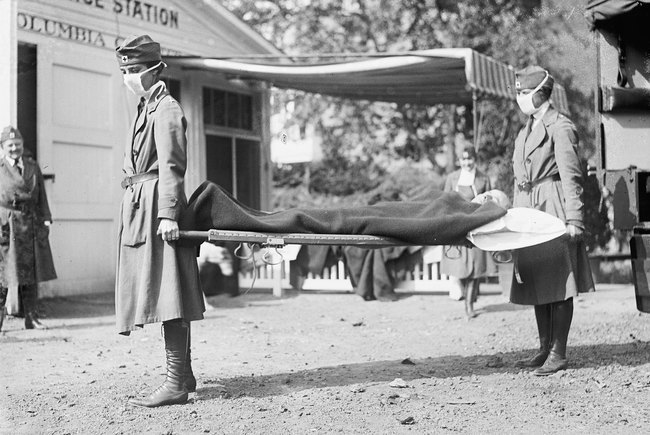Staff
18 June 2021
Staff support
Staff support
(Updated 19 January 2021) As explained in the VC Desk of 14 December 2020, the executive recognises that the decision to extend the 2020 academic year into December might have made it difficult for some colleagues to take leave in that month. As a result, some staff members might face the threat of losing compulsory annual leave that needed to be taken before the end of December.
It is important for all staff members to have the opportunity to take a decent break, so the executive has agreed with UCT Human Resources that any compulsory annual leave that was due to fall away at the end of 2020 will be rolled over. As a result, the deadline was extended until the end of January 2021 for all members of staff. This management decision was reported to Council at its meeting on 5 December 2020.
If you need an extension of your compulsory leave beyond 31 January 2021, you will be required to submit a motivation to do so, as the normal leave policy will apply after that date.
(Updated 16 November) While academics also need to take paid time off from work to rest, reduce stress levels, re-energise mind and body, practise self-care and spend time with loved ones, UCT acknowledges the circumstances which many of our academic staff members are under in the current context of needing to deliver on their roles, and we appreciate their dedication to the teaching programme.
As communicated in the recent message to academic staff about leave provisions, the context and revised academic calendar, any academic staff member who is unable to utilise their leave due to operational requirements should liaise with their line manager to discuss deferment to an appropriate time.
(Updated 16 November) This is a UCT Council decision and staff will be informed of any decision in this regard.
(Updated 19 January 2021) Until union negotiations have been completed, a response in this regard would be premature at this point.
(Updated 16 November) UCT’s financial position has been communicated on various forums. Staff furloughs or lay-offs are not being considered by UCT currently. The UCT leadership is monitoring the situation to ensure financial sustainability.
(Updated 16 November) UCT’s intention is to minimise the risk of spreading COVID-19 by reducing the number of workers at the workplace at any given time. This can happen through consideration of various work mode possibilities that ensure delivery of outputs, including rotational models, staggered working hours, shift systems, remote working arrangements or similar measures to achieve social distancing and to limit congestion in public transport and at UCT premises.
Managers and employees are asked to continue working from home if they can do so in ways that do not inhibit the university’s ability to provide core services, conduct research or deliver education to students. Working remotely is not possible for all employees, but implementing remote working where possible can go a long way to enhancing social distancing and reducing risk both for those working at home and those who remain on campus. Staff members who do work from home are reminded that they could occasionally be required to be on campus physically, depending on the operational need.
(Updated 25 May 2021) Staff at UCT who continue to work at home during the 2021 tax year will be allowed to claim a tax deduction for this time, subject to a strict set of conditions. To assist staff to determine their eligibility, UCT’s tax advisers have compiled a guide and remote work letter template. Staff should contact their personal financial advisers if they have queries or require further clarity.
(Updated 16 November) Staff members are allowed to work remotely from any location. However, it is important to consult with your line manager and to be available should the need arise for you to be physically present on campus.
(Updated 16 November) Your line manager will need to decide whether travel for work is necessary, depending on the purpose of the trip and whether it is a UCT requirement. Staff members should adopt a very cautious attitude to travel and follow all government regulations and guidance, as well as the guidelines for fieldwork. Staff members need to take leave if the travel is for personal reasons.
(Updated 19 January 2021) UCT terminated the temporary transport service that was provided for essential staff members (for pick-up and drop-off at home) on 31 October 2020. This service was an additional temporary cost to the university that was necessary during tighter lockdown regulations, and the service was terminated for financial and operational reasons.
(Updated 16 November) Line managers are encouraged to keep the channels of communication open with staff members. Staff are encouraged to apply for and take leave if they need a break, operations permitting.
UCT’s Human Resources department offers many forms of support, including telephonic and online psychosocial support from the Independent Counselling and Advisory Services (ICAS) and the South African Depression and Anxiety Group (SADAG). SADAG has various programmes in place to help support staff members. These include dealing with substance abuse during COVID-19, the psychological impact of COVID-19 and mental health during lockdown.
(Updated 16 November) If you declare a high risk on the assessment, the Occupational Health Service (OHS) at UCT will assess your risk, together with assessing the physical area where you need to work, to identify the risk of exposure to the virus. The OHS will then decide if you are authorised to return to UCT or not. There may be conditions to your return. All health-related information will remain confidential and will only be available to the OHS.
Guidelines are available from the National Institute for Communicable Diseases (NICD):
(Updated 12 April 2021) The UCT Daily Health Screening app caters for the needs of the UCT community as well as your privacy. While meeting the government’s requirements, the incorporation of customised features also meets UCT’s specific needs. It has been designed to help keep UCT staff, students and visitors safe by alerting users who may need medical attention or testing. It will allow our health practitioners in the Occupational Health Unit in Properties and Services and the Student Wellness Service in the Department of Student Affairs to assist in managing the possible risks related to the COVID-19 pandemic.
It is important that we remain vigilant and complete the UCT Daily Health Screening app honestly and accurately for the benefit of the entire UCT community. We have a joint responsibility to ensure that all our campuses comply with regulations and are safe for all staff, students and visitors. Special care must be taken to protect staff and students with health vulnerabilities and comorbidities that put them at higher risk of infection.
(Updated 31 August) All staff members invited to return to UCT will be required to complete the COVID-19 Personal Health Risk assessment.
(Updated 31 August) Certain persons are at higher risk of severe disease if they contract COVID-19. This is confirmed by data from other countries as well as from data in the Western Cape. The COVID-19 Personal Health Risk assessment is used to assess your health status to determine if you are at higher risk.
(Updated 31 August) You will need to complete the COVID-19 Personal Health Risk assessment online. If you do not have access to the internet, you may call 021 650 0999. If you work in the Department of Student Affairs, call 021 650 5620 for assistance with completing the assessment.
(Updated 31 August) If you have any health risks, as specified in the assessment, you will be required to declare each risk. You will need to produce evidence relating to this risk from your health practitioner or your medical aid. (The medical aids are aware of this and should have already contacted you in this regard.) If you need assistance with this, and do not have access to the internet, please call 021 650 0999. If you work in the Department of Student Affairs, call 021 650 5620 for assistance with completing the assessment.
(Updated 16 November) If you declare a high risk on the assessment, the Occupational Health Service (OHS) at UCT will assess your risk, together with assessing the physical area where you need to work, to identify the risk of exposure to the virus. The OHS will then decide if you are authorised to return to UCT or not. There may be conditions to your return. All health-related information will remain confidential and will only be available to the OHS.
(Updated 31 August) The assessment will be sent to your line manager, who will inform you whether authorisation has been granted or not. Authorisation will be received from the dean of the faculty or from the executive director of a PASS department.
(Updated 1 April) UCT Human Resources (HR) offers many forms of support, including the coordination of services provided by the Independent Counselling and Advisory Services (ICAS) and South African Depression and Anxiety Group (SADAG) as described below. I urge you to read through the full list of counselling services available through UCT HR’s Health and Wellness web page.
Increased ICAS services
During this unprecedented time, we have asked ICAS to increase their capacity for managing the immediate needs of our staff members. While ICAS on-site counselling is suspended for now, the same counsellors are now available to conduct telephonic counselling. You can access these services by:
- Calling toll-free for counselling over the phone: 080 111 39452
- Sending a please-call-me to: *134*905#
- Emailing uct@icas.co.za.
ICAS recently launched a new online app, ICAS On-the-Go, which allows you to chat live with an ICAS counsellor. The app gives you and your family access to a 24/7/365 Employee Wellness Programme and information to address some of your health and wellness needs.
Connect to ICAS On-the-Go. The code for UCT staff is UNI003.
SADAG services
The South African Depression and Anxiety Group (SADAG) is Africa’s largest mental health support and advocacy group, and its services are available to UCT staff members. SADAG offers free telephonic counselling for depression, anxiety and other mental health disorders.
SADAG offers excellent podcasts that provide practical tips to cope in a time of anxiety.
Should you require their counselling services, please contact SADAG by:
- calling 0800 171 171 (toll-free from a Telkom line 24 hours a day)
- sending an SMS to 31393 to request a call back
- emailing office@anxiety.org.za for a counsellor to call you back
- visiting the SADAG website for very useful information about how to cope with the daily stresses of working during the national lockdown
- visiting the SADAG Facebook page to access the Daily Expert Q&A from 13:00 to 14:00
One suggestion from SADAG is to reduce the time that staff and their families spend watching or listening to media coverage. SADAG suggests only following reliable resources such as:
- cdc.gov/coronavirus/2019-nCoV
- who.int/emergencies/diseases/novel-coronavirus-2019
- sacoronavirus.co.za
- the National Department of Health’s WhatsApp service on 060 012 3456 (WhatsApp “Hi”)
- the National Institute for Communicable Diseases hotline: 0800 029 999.
Kaelo
Staff in pay classes 2 to 6 are covered by Kaelo, which is promoting health and wellness through the Kaelo Cares page. Although the onsite UCT clinic is closed during lockdown, Kaelo is providing services in direct response to the COVID-19 pandemic. To access these services, Kaelo members can phone their Kaelo primary healthcare network doctors.
Discovery Health
Staff in pay classes 7 and above as well as academic staff who are Discovery Health members can access the medical aid provider’s services.
- Discovery Health Medical Scheme (DHMS) provides cover for COVID-19 from the World Health Organization Global Outbreak Benefit. This benefit complements existing DHMS benefits and is available on all DHMS health plans.
- DHMS is also able to provide COVID-19 testing for symptomatic people who have a doctor’s referral to get tested.
- Read more about Discovery’s support for you during the nationwide COVID-19 lockdown.
- Find out about Discovery’s Vitality at Home service to help you stay healthy and get rewarded at home during this difficult period.
- Join the #JEFFtogether exercise community on Facebook, which is offering free morning workouts for adults and afternoon workouts for children online in partnership with Discovery Vitality. Maintaining physical wellness is essential to ensuring mental wellness.
(Updated 20 July) Staff and line managers may consider the following methods to validate the need for the 10-day period of self-isolation that is now advised by the Western Cape Department of Health:
1. Medical certificate from doctor / general practitioner
Staff members may call their doctors for a consultation via telephone. The doctor will send a medication prescription (if needed), and instructions in the medical certificate to self-isolate, with the date that the staff member is considered fit/safe to return to work. Staff members should ask their doctors to send this information via WhatsApp or email. The staff member concerned must forward the medical certificate to his/her line manager and Human Resources / Organisational Health or the Organisantional Health Clinic.
2. Medical aid virtual doctor services
Many medical aids enable their members to access virtual consultations with network doctors. Staff should check on the services available from their medical aid providers:
3. COVID-19 Symptom Checker
This online Western Cape Government Symptom Checker can be accessed with a smartphone, laptop or PC and the result can be downloaded as a PDF. The instruction to self-isolate has a date and time stamp and must be sent to your line manager and Human Resources / Organisational Health at UCT, as proof of the instruction to self-isolate.
4. Living with a COVID-19 positive case
If you are a UCT staff member living with someone who has tested positive for COVID-19, please send the following to your Line Manager and Human Resources /Organisational Health:
- the COVID-19 result/diagnosis
- the results from the online Western Cape Government COVID-19 Symptom Checker instructing you to self-isolate.
(Updated 26 August) Staff members will be responsible for cleaning their own work surfaces, such as desks, workstations, computer keyboards, monitors, phones, shared equipment and crockery and cutlery. They will also be responsible for emptying office bins into centrally located wheelie bins. The cleaning agents that are usually used in these areas should be used. Where possible, disposable wipes will be provided.
Campus Cleaning Services (CCS) will be responsible for wiping down handles on doors, windows and rails in common areas, as well as for cleaning toilets, reception and common areas and lifts. They will also clean kitchen counters and floors and vacuum offices weekly and common areas as required.
Labs and workshops also need to be self-cleaned. Should you require any campus cleaning services, please provide CCS with the risk assessment of the lab or workshop. This will be reviewed by Occupational Health and Safety to determine whether the cleaners may enter the lab and, if so, under what conditions.
Please contact CCS to make arrangements for cleaning if there is a COVID-19 positive case in your office.
Contact details for cleaning team:
Paulina Johnson
paulina.johnson@uct.ac.za
063 058 3496
Mogamat Benjamin
mogamat.benjamin@uct.ac.za
083 775 6016
Marlin Arendorff
marlin.arendorff@uct.ac.za
079 602 0246
(Updated 23 November) The Office for Inclusivity and Change provides individual and online survivor support groups for staff and students who have experienced sexual and domestic violence. Group sessions are held every Tuesday from 17:30 to 19:30 on the Microsoft Teams platform. For more information and to join the online sessions, please email director.oic@uct.ac.za. UCT staff and students are also able to report incidents of gender based violence via the online reporting tool. By reporting, we are able to connect and assist you with advice, counselling and specialist services.
 This work is licensed under a Creative Commons Attribution-NoDerivatives 4.0 International License.
This work is licensed under a Creative Commons Attribution-NoDerivatives 4.0 International License.
Please view the republishing articles page for more information.
Coronavirus Disease 2019 updates
COVID-19 is a global pandemic that caused President Cyril Ramaphosa to declare a national disaster in South Africa on 15 March 2020 and to implement a national lockdown from 26 March.
UCT is taking the threat of infection in our university community extremely seriously, and this page will be updated regularly with the latest COVID-19 information. Please note that the information on this page is subject to change depending on current lockdown regulations.
Frequently asked questions
Daily updates
Campus communications
2020
Resources
Video messages from the Department of Medicine
Getting credible, evidence-based, accessible information and recommendations relating to COVID-19
The Department of Medicine at the University of Cape Town and Groote Schuur Hospital, are producing educational video material for use on digital platforms and in multiple languages. The information contained in these videos is authenticated and endorsed by the team of experts based in the Department of Medicine. Many of the recommendations are based on current best evidence and are aligned to provincial, national and international guidelines. For more information on UCT’s Department of Medicine, please visit the website.
To watch more videos like these, visit the Department of Medicine’s YouTube channel.
Useful information from UCT
External resources
News and opinions

As the COVID-19 crisis drags on and evolves, civil society groups are responding to growing and diversifying needs – just when access to resources is becoming more insecure, writes UCT’s Prof Ralph Hamann.
03 Jul 2020 - 6 min read Republished
The Covid-19 crisis has reinforced the global consequences of fragmented, inadequate and inequitable healthcare systems and the damage caused by hesitant and poorly communicated responses.
24 Jun 2020 - >10 min read Opinion
Our scientists must not practise in isolation, but be encouraged to be creative and increase our knowledge of the needs of developing economies, write Professor Mamokgethi Phakeng, vice-chancellor of UCT, and Professor Thokozani Majozi from the University of the Witwatersrand.
09 Jun 2020 - 6 min read Republished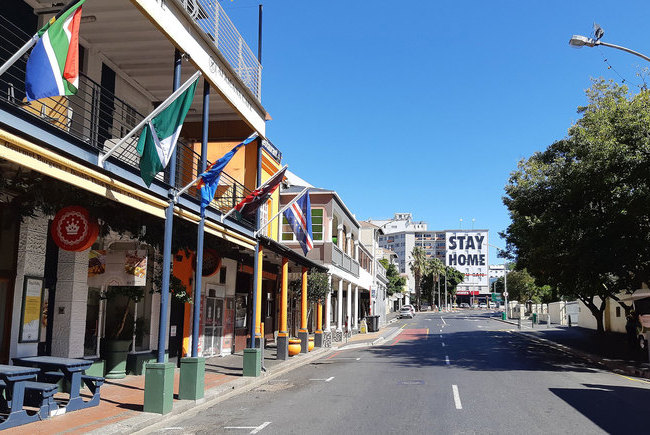
South Africa has been recognised globally for its success in flattening the curve, which came as a result of President Ramaphosa responding quickly to the crisis, writes Prof Alan Hirsch.
28 Apr 2020 - 6 min read RepublishedStatements and media releases
Media releases
Read more
Statements from Government
In an email to the UCT community, Vice-Chancellor Professor Mamokgethi Phakeng said:
“COVID-19, caused by the virus SARS-CoV-2, is a rapidly changing epidemic. [...] Information [...] will be updated as and when new information becomes available.”
We are continuing to monitor the situation and we will be updating the UCT community regularly – as and when there are further updates. If you are concerned or need more information, students can contact the Student Wellness Service on 021 650 5620 or 021 650 1271 (after hours), while staff can contact 021 650 5685.













